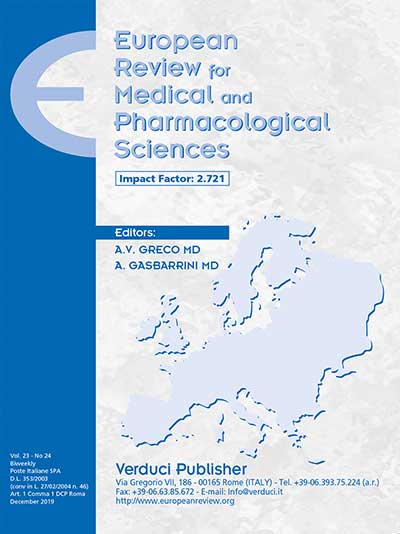Authors:
M. Montanino Oliva, R. Gambioli, G. Forte, G. Porcaro, C. Aragona, V. Unfer
Estrogens and progestogens act on female reproductive tissues in opposite ways. As they counteract each other actions, the correct balance between these two classes of hormones is pivotal to avoid dangerous states. Unopposed estrogens occur when progestogen levels do not balance estrogens, primarily deriving from overproduction of estrogens via aromatase enzyme. In the endometrium, unopposed estrogens induce proliferative or invasive phenomena, which represent the first step toward different diseases. These pathologies include endometrial hyperplasia, endometrial polyps, endometriosis and adenomyosis. Endometrial hyperplasia and polyps are proliferative pathologies, while endometriosis and adenomyosis are characterized by the invasion of other tissues by endometrial cells. Current pharmacological treatments include Gonadotropin-Releasing-Hormone analogs, aromatase inhibitors and progestogens, either alone or in combination with estrogens. As these drugs usually lead to burdensome undesired effects, researchers seek to find new therapeutical molecules. Recent literature highlights the positive effects of metformin, an insulin sensitizing drug that reduces the insulin proliferative stimulus on the endometrium. d-chiro-inositol is an insulin second messenger with insulin sensitizing and mimetic properties, recently described as an aromatase down-regulator. Based on current evidence, d-chiro-inositol may be useful to treat the pathologies responsive to unopposed estrogens.

